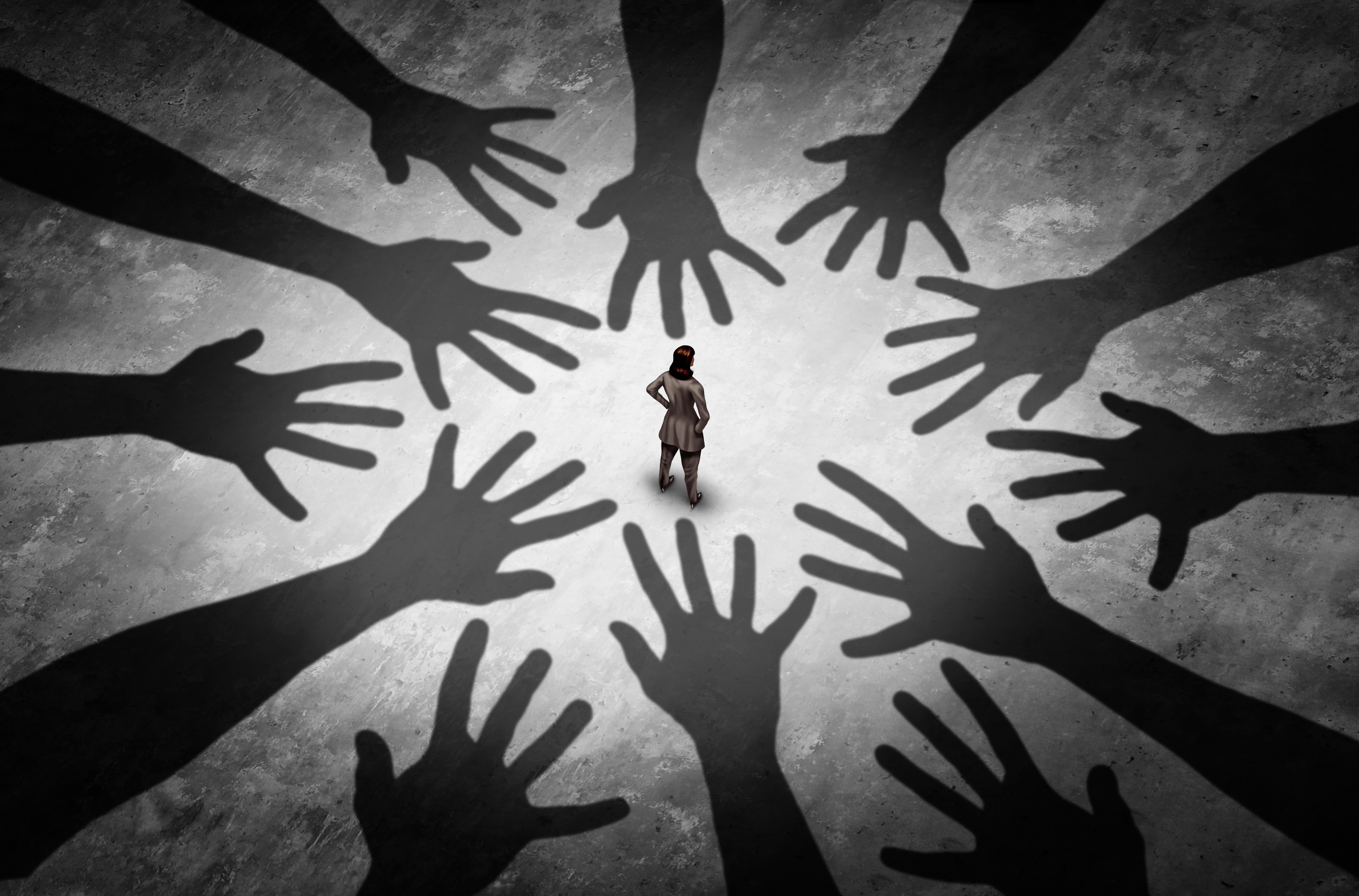

Sep 9, 2022
In 2022, our lives as human beings are filled with endless stimulation from our environment. It starts the moment that we wake up and often goes on long after we hope to fall asleep. Whether it’s social media notifications, emails from your boss, a call from your distant cousin or even a notification from Netflix about the hottest new release – we now find ourselves instantly reachable in a way that’s unprecedented in our history as a species.
The interconnectedness of modern life brings with it a host of benefits that we are all aware of and take advantage of daily. Yet we know that humans spent at least 200,000 years as hunter gatherers before around 10,000 years of farming and less than 30 years of being internet users. This monumental shift in our way of living has impact on our wellbeing. Our bodies haven’t evolved to suit office life, so why do we presume our brains have.
Anxiety and stress are normal. Everyone experiences it to some degree and it’s just part of being human. However, there are changes to your lifestyle and routine that can implement to reduce your anxiety. Of course, our experienced team of therapists are also on hand to help you take steps to reduce and help you cope better with anxiety in your life.
Attending to some of the basics might be helpful:
Move a little more: Activity & Exercise
You’ll no doubt have heard this one before, but that’s only because it plays a huge role in your mental wellbeing. Research continues to confirm that being active and taking regular of exercise is a treatment for anxiety disorders and have consistently found that in groups where the participants increased their level of exercise, their self-reported anxiety levels showed significant improvements.
This doesn’t necessitate an overhaul of your life and means integrating a little more activity into your life where possible. This could be in the form of cycling to work, going for a brisk walk a couple of evenings a week or signing up to your local swimming pool. If you can find an activity you enjoy it won’t even feel like a chore.
Feed: your body and mind.
We all know that the food we eat impacts on our physical health and plays a key role in our mental state throughout the day. Studies show that starting your day with nutritious foods containing complex carbohydrates, promote increased amount of serotonin which provides a calming effect.
Avoiding too much processed foods is beneficial. Increasing the amount of green vegetables, fresh fruit and a broad and varied menu will give your biochemistry the best chance of supporting a healthy mind and body.
In addition to the foods you eat, the rest of your diet and what you consume shouldn’t be ignored. Nicotine, alcohol and caffeine can all increase stress and anxiety levels.
Switch off: Screen time
It’s easy to spend a lot of our waking day staring our phones, tv’s and laptops – but is this helping you manage your anxiety?
Studies have found that too much screen time can increase your risk of developing anxiety or depression. Constantly checking your social media accounts can feed anxiety around obsessively worrying what others think of you and also that others are coping or flourishing when you are struggling. Regardless, if you are glued to your ‘phone you are not engaging with your surroundings nor connecting with others. Proper interaction, when we listen and are heard by others, can reduce feelings of anxiety and stress. It’s no surprise that a walk in nature is richer and more beautiful if we look, listen, take in and really appreciate the world around us.
It's up to you: You have choice
These are only suggestions and there’s no magic wand that can be waved to cure anxiety, but there’s a lot you can do to help yourself. Respecting and caring for your self is vital to your well-being. Whether you focus on one tip, or try them all, only you can work out what suits you and makes a difference.
The only person who knows what is best for you, is you.
If you’re looking for a professional and tailored approach to treating your anxiety, our highly experienced team at Head Agenda are always on hand to help you.
Disclaimer: This article has been designed for entertainment and informational purposes; it is not personalised medical advice. This guide may be a useful read to generate some ideas, however, please take advice from a medical professional.